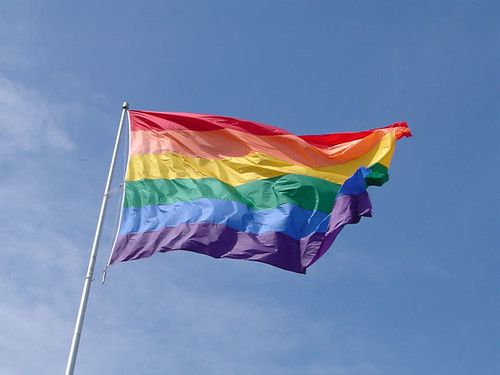
In this new term, the United States Supreme Court will be tackling controversial issues such as LGBTQ+ rights and abortion law. On Oct. 8, the Court heard one of the more notable cases on this year’s docket: Bostock v. Clayton County, Georgia. In a packed courtroom later in the term, the justices will decide whether Title VII of the Civil Rights Act of 1964 also protects employees from discrimination on the basis of sexual orientation.
After 10 years of working as a children’s welfare services coordinator for juvenile court of Clayton County, Ga., Gerald Bostock was terminated from his position for “conduct unbecoming of its employees.” At this time, Bostock had received numerous positive employee evaluations and accolades.
Prior to his termination, he had participated in the local gay recreational softball league. Bostock and his attorneys deny that he was involved in any misconduct and claim that he was wrongly fired due to his sexual orientation. He furthers this notion by expressing that he was openly criticized for his sexual orientation and participation in the league.
On Tuesday, petitioning attorney Pamela Karlan opened the case with the crux of her oral argument: “When a[n] employer fires a male employee for dating men but does not fire female employees who date men, he violates Title VII. The employer has ... discriminated against the man because he treats that man worse than women who want to do the same thing. And that discrimination is because of sex.”
Another aspect of Karlan’s argument was that the creators of the Civil Rights Act would not have thought to consider this issue at the time — that there would be discrimination of employment on the basis of sexual orientation. Justice Ruth Bader Ginsburg noted that when the Civil Rights Act was written, homosexuality was labeled as a mental illness by the American Psychiatric Association.
On behalf of the employers, attorney Jeffery Harris argued and fielded questions primarily from the court’s liberal justices and Justice Neil Gorsuch. Harris argued that “sexual orientation discrimination by itself does not constitute discrimination because of sex under Title VII.”
Justice Sonya Sotomayor questioned Harris by asking how it is different than racial or religious discrimination. Justice Gorsuch also pushed back by asking that “isn’t the first part of discrimination of sexual orientation the difference in sexes?”
Bostock’s case began within months of his termination, when he filed a charge of discrimination with the Equal Employment Opportunity Commission as a violation of Title VII of the Civil Rights Act, which bars workplaces from discriminating any individual on the basis of sex. The question that emerges then is whether or not “sex” also refers to sexual orientation and gender identity.
Three years later, Bostock filed a lawsuit against the county for discrimination on the basis of sexual orientation, which was later dismissed. The U.S. District Court for the Northern District of Georgia affirmed the county judge’s motion, consequently passing the baton to the United States Court of Appeals for the 11th Circuit. The appeal was unsuccessful for Bostock, and just maintain the district court’s ruling.
The 11th Circuit used precedent from one of its previous cases: Evans v. Georgia Regional Hospital. In this case, Jameka Evans, the petitioner, filed suit for discrimination in the workplace based on her sexual orientation and gender non-conformity. The circuit court panel upheld a prior case from the 11th Circuit (Blum v. Gulf Oil) that bound them to hold that Title VII does not prohibit discrimination on the base of sexual orientation. The Supreme Court will now have the opportunity to either uphold that precedent or overturn it.
Bostock’s case is also in conjunction with Altitude Express v. Zarda, in which Donald Zarda claims he was terminated for his sexual orientation and because of his nonconformity to male gender stereotypes.
The announcement date for the opinion for Bostock v. Clayton County is still to be determined.